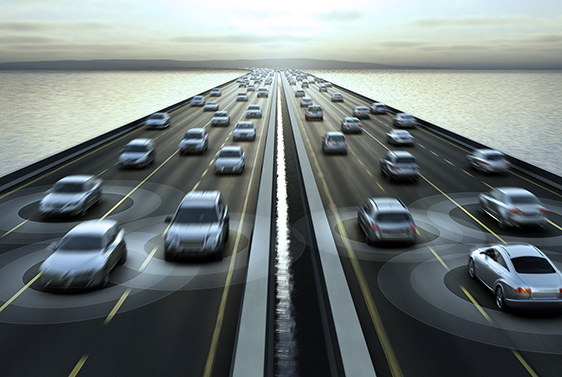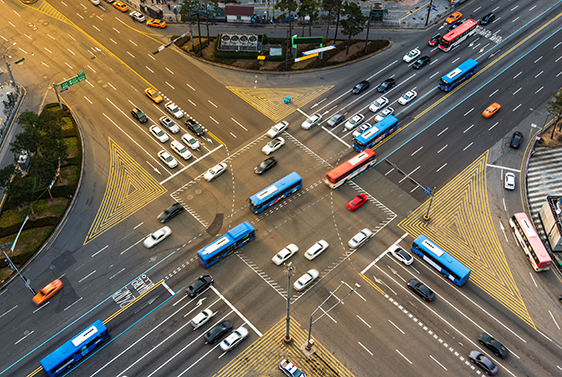The Inevitability of Becoming Smart
Populations are swelling, cities are becoming more crowded and congested, and new technologies are generating more data than ever before.
At the same time, citizens of these sprawling urban centers are asking more questions and demanding more traceability and accountability: they want to know where their food and energy are coming from, and expect their public representatives to harness and analyze as much data as possible to inform actions that will help keep them safe and improve their quality of life.
As a key enabler of smart cities and communities for the past two decades, and a trusted advisor for more than 10,000 state and local agencies, we understand that different cities have different perceptions of what makes them smart: one might prioritize being more connected, data driven and digital, while another might aim to be more walkable, equitable, carbon neutral and safe.
Any overarching smart city vision, however, should be built upon three central imperatives:
Size Matters
There is no barrier to entry, or "smart divide", when it comes to becoming a smart city or community. Any population center can take part and work towards its own specific smart goals within the context of the most advanced attributes of its current technological framework.
Becoming Smart is Plug and Play
Those cities and communities that do take steps to become smarter should understand that it won’t happen overnight – becoming smart is a journey. As such, city, county and state agencies must structure their initiatives in a more agile way to ensure they can adjust to new and emerging technology, regulation and a rapidly changing political climate. The relatively archaic project planning and procurement process traditionally used by many government bodies will only slow down progress, so a culture shift is needed.
Smart Cities are Old News
Yes, the term smart city was coined towards the back end of the 20th century, but the expected growth in the global market for smart city technologies is growing at a rapid pace. In fact, cities and communities that aren't working towards a smart roadmap of their own, may be missing out on a market estimated to be worth hundreds of billions of dollars.

Advisory Services
Smart city planning and design
CV/AV readiness
Infrastructure Management & Design
Smart city infrastructure design
Architecture and network design
Connectivity planning
Systems operations


Integration Services
Connectivity implementation
Systems integration and maintenance
IoT Systems
Edge sensors
Detection systems
Communication modules
Device management software


Applications
Traveler information
Performance management
Transportation analytics
Weather analytics and decision systems
Commercial vehicle compliance and inspection
Bicycle and pedestrian safety







